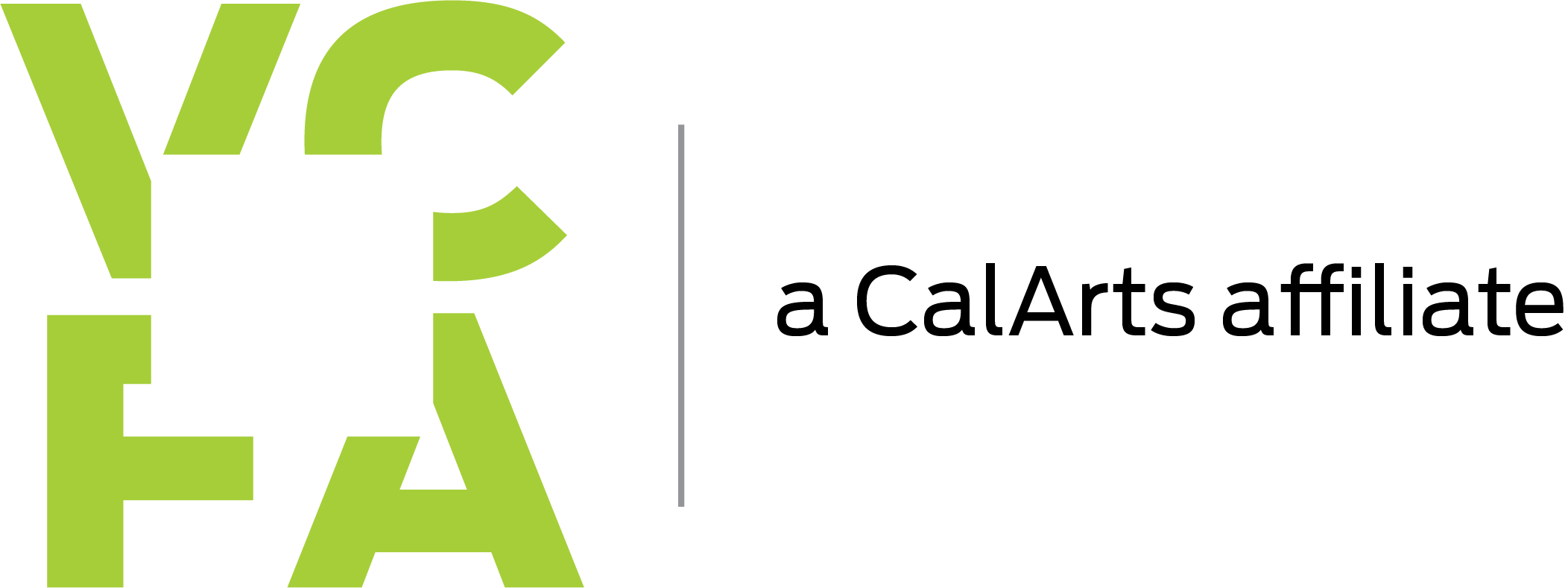Community Bias Response Program
Support. Engage. Educate.
Guided by our Statement on Community Values, VCFA strives to cultivate and support an environment that is inclusive and equitable, empowering a rich working and learning experience free from incidents of hate, bias, and discrimination within the college community.
The Community Bias Response Program (CBRP) enables the college to track bias incidents, collect aggregate data, identify educational responses, connect affected individuals with supportive resources, and support program and department leaders.
CBRP is not a mechanism for investigative or disciplinary action. The program does not seek to limit academic freedom and artistic expression. CBRP does not replace any of VCFA’s current procedures and protocols in place to resolve alleged violations of policies such as those regarding student conduct, discrimination, sexual misconduct, or violation of criminal law, and VCFA’s policies and procedures take precedence over CBRP, when applicable.
What Is a Bias Incident?
Bias incidents involve behavior, conduct, or acts based on or motivated by prejudice, bigotry, or other negative feelings towards an individual or group, whether intentional or unintentional, because of their membership (or perceived membership) in a group or other personal characteristics, which may or may not be legally protected. Bias incidents may include actions that are motivated by bias but do not meet the necessary elements to prove a crime or violation of another College policy.
Although hate crimes or discrimination (as defined under the College’s Discrimination and Harassment Policy) can also meet the definition of a bias incident, reports of a hate crime or discrimination may be referred to an appropriate college department, area, or individual per an existing policy or to law enforcement to address instead of this program.
Not all bias incidents rise to the level of a hate crime or discrimination.
The reporting form covers types of incidents that go beyond the scope of legally protected categories. Any incident that a member of the VCFA community believes is a bias incident may be reported.
Goals of the Program
- Develop consistent and supportive responses to incidents of bias.
- Support those who are targeted or impacted by incidents of hate, bias, or discrimination.
- Engage with individuals and communities in voluntary, educational, reparative conversations.
- Educate the campus community about bias, institutional policies, and reporting protocols related to bias and discrimination.
- Review and assess policies, procedures, resources, and responses related to bias and discrimination.
- Monitor trends in the college climate, to inform educational efforts and responses, provide information, and make recommendations.
- Refer incidents that go beyond the program’s purview such as alleged policy violations or criminal acts.
Community Bias Reporting Process
When a Bias Incident Report is submitted, it is reviewed by a 3-person Incident Screening Team, composed of College staff, in order to determine whether the incident described is in violation of existing laws, policies, procedures, or codes of conduct.
Clear violations of existing laws, policies, procedures or codes of conduct are directed to the appropriate department or program for action.
If the incident described does not fall under the violations listed, but is determined to merit additional consideration, the report is referred to the Community Support Team.
The Community Support Team assesses the report to determine what response, if any, the College should take. The Community Support Team includes the Title IX coordinator and representatives from Human Resources and from the Office of Diversity, Equity, and Inclusion, and can recommend actions or responses including, but not limited to: providing educational resources or opportunities, issuing communications to the college-wide community, developing new policies or procedures, among others. The report and recommendations of the Community Support Team are directed to the appropriate department or program. All such reports are maintained by the Office of Diversity, Equity, and Inclusion, or their designee.
The Incident Screening Team meets quarterly (typically September, December, March, June) to review any incident reports and direct them appropriately.
If you are reporting as an impacted party, you can expect a status update from a member of the Screening Team on your report within three months. If you have not heard from us within that timeframe, you can follow-up at [email protected]. If you are reporting as a witness or support person to an impacted party, please know that while we do our best to respond directly to every incident, we may not be able to respond personally to your report. You will see your concerns reflected in our annual CBRP reports online. If you require additional information or assistance, please contact us at [email protected].
Confidentiality
Your trust is important to us. We will handle all reports with sensitivity and discretion, and maintain your privacy and confidentiality to the extent possible. Complete anonymity and confidentiality cannot be guaranteed.
You do have the option to submit reports anonymously. However, please note that the College’s response may be limited if the complaint is submitted anonymously. Although not every report will meet the definition of bias incident or be a violation of College policy or law, all reports will be reviewed for an appropriate response.
Definitions
DISCRIMINATION:
Discrimination is an act carried out by an individual, policy, or procedure that produces unfair and unjust treatment of people based on characteristics such as race, color, sex, gender identity, genetic information, age, ancestry, national origin, place of birth, religion, sexual orientation, veteran or military service status, HIV-positive test result status, disability, or any other legally protected characteristic.
HARASSMENT:
As defined in our Discrimination & Harassment Policy, “Harassment may include, but is not limited to, verbal or physical attacks, written threats or slurs, e-mail messages or social media postings, unwelcome banter, teasing, or jokes that are derogatory, or depict individuals in a stereotypical and demeaning manner, or any other conduct which has the purpose or effect of interfering unreasonably with an individual’s work or educational performance, and which create an offensive, hostile, or intimidating working environment based on or because of an employee’s or student’s race, color, sex, gender identity, genetic information, age, ancestry, national origin, place of birth, religion, sexual orientation, veteran or military service status, HIV-positive test result status, disability, or any other legally protected characteristic, as and to the extent that such characteristics are defined by applicable law.”
MICROAGGRESSION:
A microaggression is a behavior, in the form of an insult, action, or comment, that reflects a subtle, indirect prejudice, intolerance, or bigotry (intentional or unintentional) against an individual or group of individuals. Such behavior may create a hostile environment or unwelcoming experience.
HATE CRIME:
A hate crime is a criminal act (against a person or property) that is motivated in whole or in part by the offender’s hate or bias towards a particular individual or group because of membership in that group (as defined by law). Bias incidents are sometimes considered to be hate crimes, but not always.
For more information, please contact: [email protected].
(Featured work by Min Choi, GD ’18)

